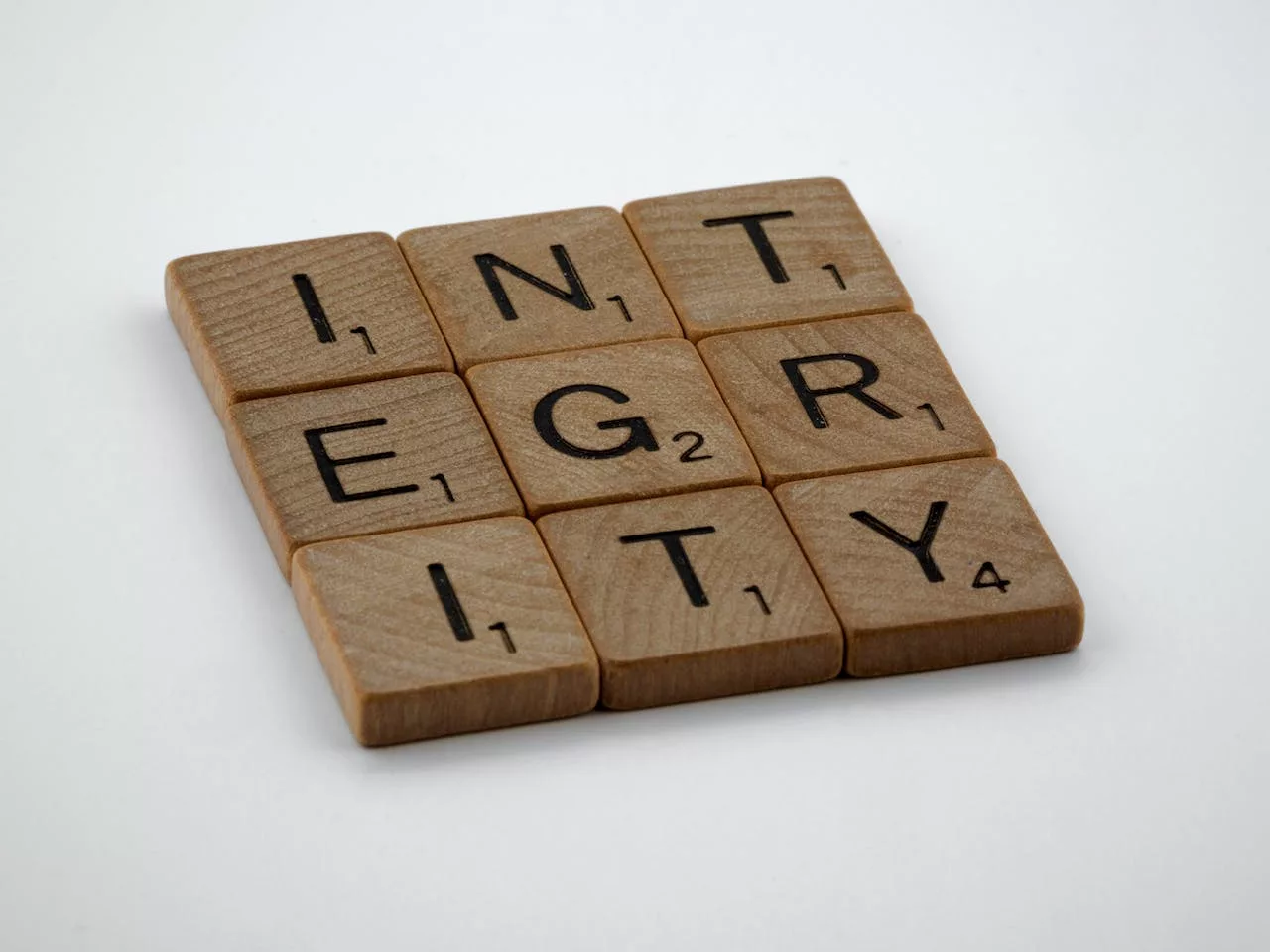The Intersection of Personal Values and Brand
In today’s rapidly evolving marketplace, the intersection of personal values and brand significance has never been more pronounced. Consumers are no longer just looking for high-quality products or services; they are searching for companies that align with their own personal values. Understanding this intersection is crucial for brands aiming to build lasting connections with their audience.
Why Personal Values Matter
Personal values are the core beliefs and principles that guide an individual’s behavior and decision-making. These values influence everything from purchasing decisions to brand loyalty. According to a 2021 study by Accenture, 62% of consumers want companies to take a stand on issues such as sustainability, transparency, and fair employment practices. This statistic underscores the growing trend of consumers prioritizing their values when making purchasing decisions.
Consumer Expectations
Today’s consumers, especially millennials and Gen Z, expect brands to be more than just profit-driven entities. They want companies to be socially responsible and environmentally conscious. For instance, brands like Patagonia and Ben & Jerry’s have successfully embedded their commitment to environmental causes and social justice into their brand identity. This alignment not only attracts customers but also fosters a sense of community and shared purpose.
Aligning Brand Values with Personal Values
For brands to resonate with their target audience, they must identify and communicate their core values effectively. Here are some strategies to achieve this alignment:
Authenticity is Key
Brands must be authentic in their communication. Consumers are adept at spotting insincerity, and a disingenuous effort to appear value-driven can backfire. Authenticity means that the company’s actions consistently reflect its stated values. A great example is TOMS Shoes, which built its brand around the One for One® model, donating a pair of shoes for every pair sold. This genuine commitment has garnered widespread support and loyalty.
Transparency and Accountability
Brands that are transparent about their practices and hold themselves accountable tend to build stronger trust with consumers. Transparency can be demonstrated through clear communication about supply chain practices, sourcing of materials, and corporate governance. For example, Everlane’s “Radical Transparency” initiative provides consumers with detailed information about the cost breakdown of each product and the factories where they are made.
Storytelling
Effective storytelling can bridge the gap between a brand’s values and its audience’s personal beliefs. Sharing stories that highlight the brand’s commitment to its values can inspire and engage consumers. Dove’s “Real Beauty” campaign is a prime example of storytelling that aligns with the brand’s commitment to promoting self-esteem and body positivity.
The Benefits of Value Alignment
When brands successfully align with the values of their consumers, the benefits are manifold:
Increased Customer Loyalty
Consumers who see their values reflected in a brand are more likely to become loyal customers. This loyalty is not just about repeat purchases but also about advocacy. Loyal customers are more likely to recommend the brand to others, amplifying its reach and impact.
Enhanced Brand Equity
A strong alignment between personal values and brand values can significantly enhance brand equity. Brands that are perceived as value-driven often command a premium price and enjoy greater market differentiation. This differentiation can be a powerful competitive advantage in crowded markets.
Positive Impact on Society
Lastly, when brands champion important social and environmental causes, they contribute positively to society. This not only enhances the brand’s reputation but also creates a meaningful difference in the world. Brands like The Body Shop, which advocates against animal testing, have shown that business success and social responsibility can go hand in hand.
Key Takeaways
Understanding the intersection of personal values and brand is essential in today’s consumer-driven market. By authentically aligning with their audience’s values, brands can foster deeper connections, build loyalty, and create a positive impact. Authenticity, transparency, and effective storytelling are critical strategies for achieving this alignment. Brands that embrace these principles are better positioned to thrive in an increasingly values-conscious marketplace. As consumer expectations continue to evolve, the importance of aligning personal values with brand identity will only grow, making this an area that forward-thinking companies cannot afford to overlook.

